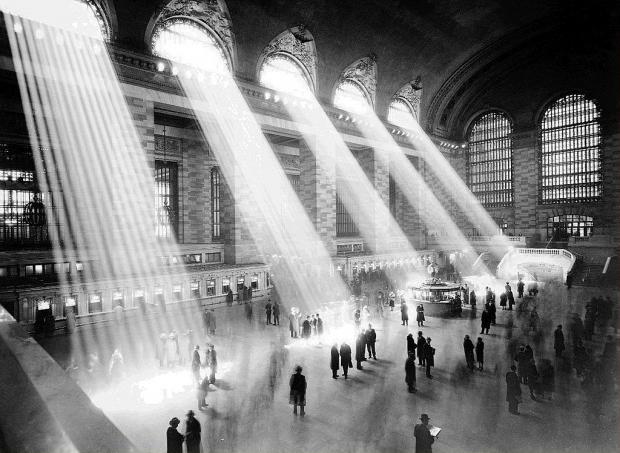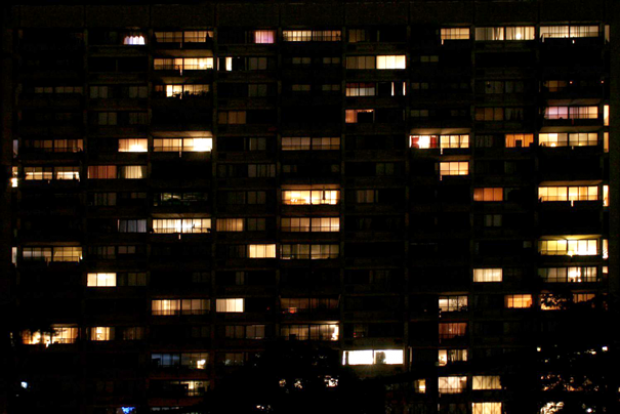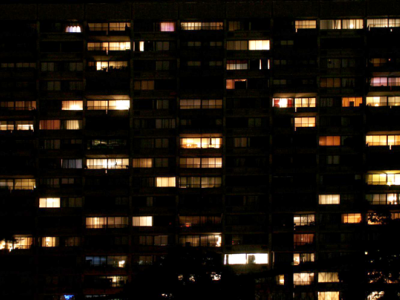Do you think you’re better off alone?
It has never been fashionable to admit that you don’t enjoy being alone. It’s a bit gauche; no-one wants to own up to being needy. If you are, it should be something you are working on; we should all, at the very least, be striving to be self-reliant. It isn’t necessarily that introversion is celebrated; simply that full-blown extroverts are rarely trusted. Why do they keep running away from themselves? What are they hiding?
Perhaps they just never took the time to be still, and appreciate the joys of their own company. This is what a certain breed of writing has been promoting since our lives were shoved indoors in March; the idea that even the busiest of socialites got to rediscover themselves and, by tapping out, realise there is virtue in isolation.
For Mariella Frostrup in the Observer, “Now may well be the moment to take note of the beneficial impact that simpler lifestyles have had on us and our planet and insist that, when the time comes for re-entry, we won’t just step back on the treadmill”.
Or, according to a BBC feature, “Rather than lamenting the loss of a packed calendar, some people have found that the quieter, slower life imposed by the coronavirus lockdown offered a much-needed break.”
I read a number of those pieces, and every time I finished one I had to fight the urge to throw my laptop against a wall. I hate being alone. For a long time I thought I hated the idea of being alone, and so filled my life with events, drinks, dinners, cinema outings, and would even surreptitiously have plan Bs ready if due to meet with notoriously flakey friends.
My panic at the very concept of a night in was such that I always managed to avoid them. Now I have spent eight months more or less always alone I can say, with deep conviction, that I really do hate being alone.
In fact, I hate being alone so much, I have started distrusting people who say it is their favourite way of being.
Still spending so much time indoors by myself has given me time to think about why the celebration of introversion rankles me so much.
If there must be an agreed natural state for Mr Potato Head, shouldn’t it be one where he is more than a mere potato?
For a start, I do not buy into the idea that you must spend time by yourself in order to truly understand yourself. In fact, I reject the very premise of the argument; I do not believe we each have a real and true version of ourselves that remains the same wherever we are and whatever we do, and which deserves to be discovered and moulded as such.
The person I am when I am at home alone is not the same person I am when in the pub with friends, or in a meeting with colleagues. No-one disagrees with that. However, Big Introvert would have you believe that my authentic self is the former and that, like Mr Potato Head, I add on some extra parts to make myself more palatable and attractive to others.
The logical conclusion, then, is that me preferring to wear all my ornaments means I am not comfortable with my naked but natural plastic potato self. A healthy path for me would be to come to terms with my naked state, instead of rushing to stick add-ons to myself. This is where I diverge, and ask: if there must be an agreed natural state for Mr Potato Head, shouldn’t it be one where he is more than a mere potato?
Similarly, I believe several of the traits I think of as crucial to my sense of self only come out when I am surrounded by others. I suppose I can be nerdy and enthusiastic alone, by reading up on niche topics or staying up late watching some obscure documentary, but it only really peaks as a feature of my personality when I tell people about what I have learnt at length (whether they wanted to hear it or not).
I am naturally very peppy but, as I found out in lockdown, I cannot manifest my own joy in a vacuum, as I had previously assumed. The smallest thing can make me unreasonably pleased for an unreasonably long period of time, but this is a feature of my personality that only comes into play when I am out in the world, and becomes irrelevant when I’m alone at home.
The desire to stay alone at least partly comes from a yearning to remain in stasis
In short: even if there were some full and immutable version of myself, it could only reach its full potential around others. As a result, spending time alone will not get me any closer to figuring out who I am, at least not without balancing it out with enough socialising on the other side.
Then there is the fact that we grow and evolve with time, hopefully trying to become at least vaguely better people as we age. I am not convinced this is something that can happen without the constant friction of human interaction. The desire to stay alone at least partly comes from a yearning to remain in stasis.
Without unexpected experiences – both enriching and unpleasant – we are doomed to stay stuck in our ways. It may shield us from hurt and discomfort, but hiding out alone also makes us less resilient, and so more prone to be damaged by the hurtful and uncomfortable part of life even the most introverted cannot avoid.
Finally, I think – and I suspect this may be the point that makes me lose all remaining sympathy from the homebodies still reading this – that the introverts have been the ones fooling themselves all along. My people, with our quips, our running from an event to the next then to the next, our bone-deep love of mingling and holding court, are not the ones needing to reconnect with ourselves. We know who we are; we showcase it nightly (and twice on Saturdays).
The performance of our identity may seem insincere, but it is considerably easier to create a fantasy of who you are when there is no audience to prod and test you. The more time you spend alone, the more space can be allowed to exist between who you think you are and who you actually are. Lying to yourself is the easiest thing there is, and self-delusion can be as comforting as anything.
I know this because I noticed it happening after the first lockdown; I had built a new version of myself in my head, and it deflated like a balloon the moment I stepped into society again. I thought I had changed – drank less, stopped oversharing quite so much – but I’d only managed to convince myself that I had. The moment pubs and restaurants reopened, I reverted back to my old self.
What would have happened if I’d decided to embrace a more solitary life? At least I now have a good handle on my sense of self again, even if it isn’t the perfect self I thought I’d attained.
All this isn’t to say those who enjoy a night in should be treated with suspicion; far from it. Different people will always have different needs, and I am not about to force loners out of their house and into the pub. Instead, I hope I have made a decent case for the virtues of surrounding yourself with others.
Those of us who cannot bear to be left alone for too long aren’t deficient, and should be allowed to revel in our neediness. If anything, introverts are perhaps the ones who should be gently encouraged to step out of their comfort zone a bit more once life returns to normal – they may well find they enjoy it.





